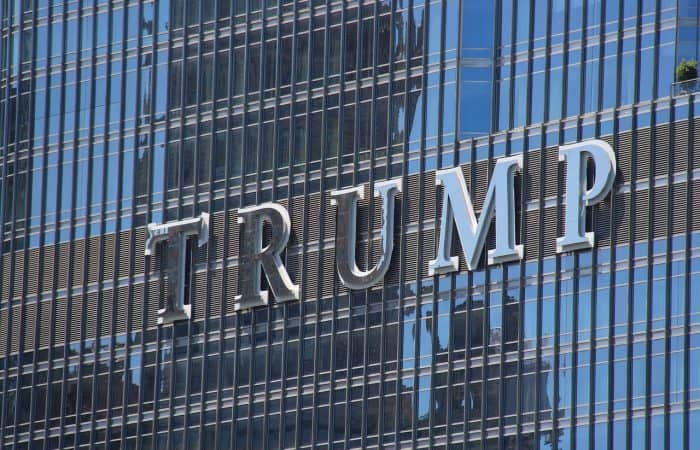On 30 June 2023, the Dutch government published a Ministerial Order, introducing additional export controls on advanced semiconductor manufacturing equipment. This Ministerial Order will enter into force on the 1st of September 2023. From that date, the export of certain types of advanced semiconductor manufacturing equipment is subject to a national export authorisation requirement.
This Ministerial Order lists the types of advanced semiconductor manufacturing equipment (Staatscourant 2023, 18212 | Overheid.nl > Officiële bekendmakingen (officielebekendmakingen.nl)). A license request can be denied, amongst others, in case of potential national security risks.
It should be noted that the items included under this new order are not included in Annex I to Regulation (EU) 2021/821 (“EU Dual-Use Regulation”). This means that the items mentioned in the adopted Dutch legislation are currently not controlled for export at the EU level pursuant to the EU Dual-Use Regulation. Generally speaking, intra-Union transfers from the Netherlands to other EU Member States are not subject to these controls.
According to the Dutch government the lack of control over the underlying goods and technologies creates a potential national security risk. The Ministerial Order states the following as regards the reason and purpose for these new controls:
“The Netherlands globally plays an important role in semiconductor manufacturing equipment. The dual- use goods and technology included in this order are intended for the development and production of semiconductors with advanced architecture. These semiconductors can make a crucial contribution to certain advanced military applications due to their specific uses and can be used to develop high-end military (weapon) systems and weapons of mass destruction. An uncontrolled export of the production equipment listed in the Annex to this regulation therefore has implications for public security interests, including international peace and stability.”
The EU Dual-Use Regulation provides EU Member States, for reasons of public security interests or human rights considerations, the possibility to take additional national export control measures. The Netherlands has implemented that possibility in the Strategic Goods Order. Based on this Strategic Goods Order, the Netherlands can establish a national control list through a Ministerial Order, creating a licensing requirement for goods, software and technology.
Although this Ministerial Order involves advanced semiconductor manufacturing equipment made by only a very limited number of companies in the Netherlands, it shows that the EU export controls framework is also expanding on national level.
More information
If you have any questions concerning the potential impact of international export controls or sanctions on your company, or would like to discuss, please feel free to reach out to:




